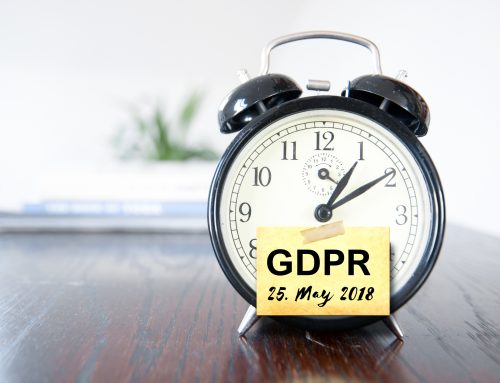There are different ways to expand your business into a new market or territory. Two common methods are distributorship and agency. It is important to be aware of the key differences between appointing an agent or a distributor when considering how best to market, sell, or distribute your products.
Appointing a distributor
- In a distributorship arrangement, your business sells your products to a distributor, who then sells the products on to their customer, adding a margin to cover its own costs and profit.
- By selling to a distributor who contracts with and resells to customers, your business may be able to pass on a large degree of the risk associated with the products. The assumption of risk by the distributor is reflected in the margins on resale of the products, which will generally be greater than the commission payable to an agent (who assumes far less risk than a distributor).
- Your business will have far less control over the activities of the distributor than over the activities of an agent. Different types of products (such as bespoke products which require contact with the end customer, or products which require highly specialised after sales care by your business) may therefore require different arrangements.
- Competition rules may impact on the appointment of a distributor. However, they generally do not apply to genuine agency arrangements.
Appointing an agent
- In an agency arrangement, your business appoints an agent to negotiate and possibly conclude contracts with customers on your behalf. The agent is paid commission on the sales they make, usually on a percentage basis.
- As the agent is only an intermediary, generally he is not a party to the contract between you and the customer. Your business will retain a far greater degree of risk than in a distributorship arrangement.
- Your business will have greater control in an agency arrangement, which may be an important issue for certain types of products (for example, those for which brand image is crucial). However, as principal, your business would generally be liable for the acts of the agent.
- Competition rules generally do not apply to a genuine agency relationship, that is, if the agent bears no significant financial or commercial risk in relation to its agency activities.
- There are specific laws in the UK, and the European Union, which apply to commercial agents, but which do not apply to distributorship arrangements.
More information
If you have any queries about the content of this checklist, please contact Roger Wilkinson.
The contents of this article are for the purposes of general awareness only. They do not purport to constitute legal or professional advice. The law may have changed since this article was published. Readers should not act on the basis of the information included and should take appropriate professional advice upon their own particular circumstances.


